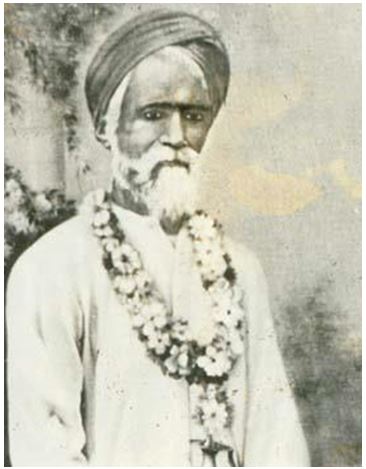LABH SINGH, BABU

Babu Labh Singh (1885 – 9.3.1947), son of Bhai Dula Singh, was born at village Lasara (tehsil Phillaur, district Jullundur). He spent his early period at Quetta, where he passed his Matriculation examination. In 1914, he started his career as a clerk in the army but soon resigned from the army and joined job with the railways. Here, he came to be known as Babu Labh Singh, as all the clerks were addressed in those days. At that time the Gurdwara Reform Movement (1920-25) had already begun. The massacre of the Sikhs pricked his soul and he resigned his job in protest. He was arrested during Guru-Ka-Bagh agitation. In 1924, he courted arrest in the fourth Jatha, which started for Jaito from Anandpur Sahib, on March 26, 1924 and reached Jaito on April 18. He was released in 1925. In 1926, he was selected the president of the Jullundur district Akali Jatha. In 1928, when Simon Commission visited Punjab, he joined the protest procession. In 1930, he participated in the Civil Disobedience movement. He was released in 1931. In 1942, he was arrested again during the Quit India agitation. Babu Labh Singh was a tireless worker. In 1935, he became a member of the Executive of the Akali Dal. He came into prominence when he organised a mammoth Silver Jubilee Akali Conference, at Jandiala (district Jullundur), on November 25, 1944. In 1945, he was elected the president of the Akali Dal. He played effective role on the issue of the Sikhs’ participation in the Constituent Assembly. Due to his pro-Sikh approach, he was suspended from the Congress party. In 1947, when communal riots spread throughout the Punjab, he joined the leaders of the other communities to request the people to stop killings. During this campaign, the workers of Muslim League attacked him at Jullundur. He was fatally wounded. A Gurdwara at Chowk Babu Labh Singh (named after him) and a Babu Labh Singh Memorial at Jullundur preserve his memory.
(Dr Harjinder Singh Dilgeer)